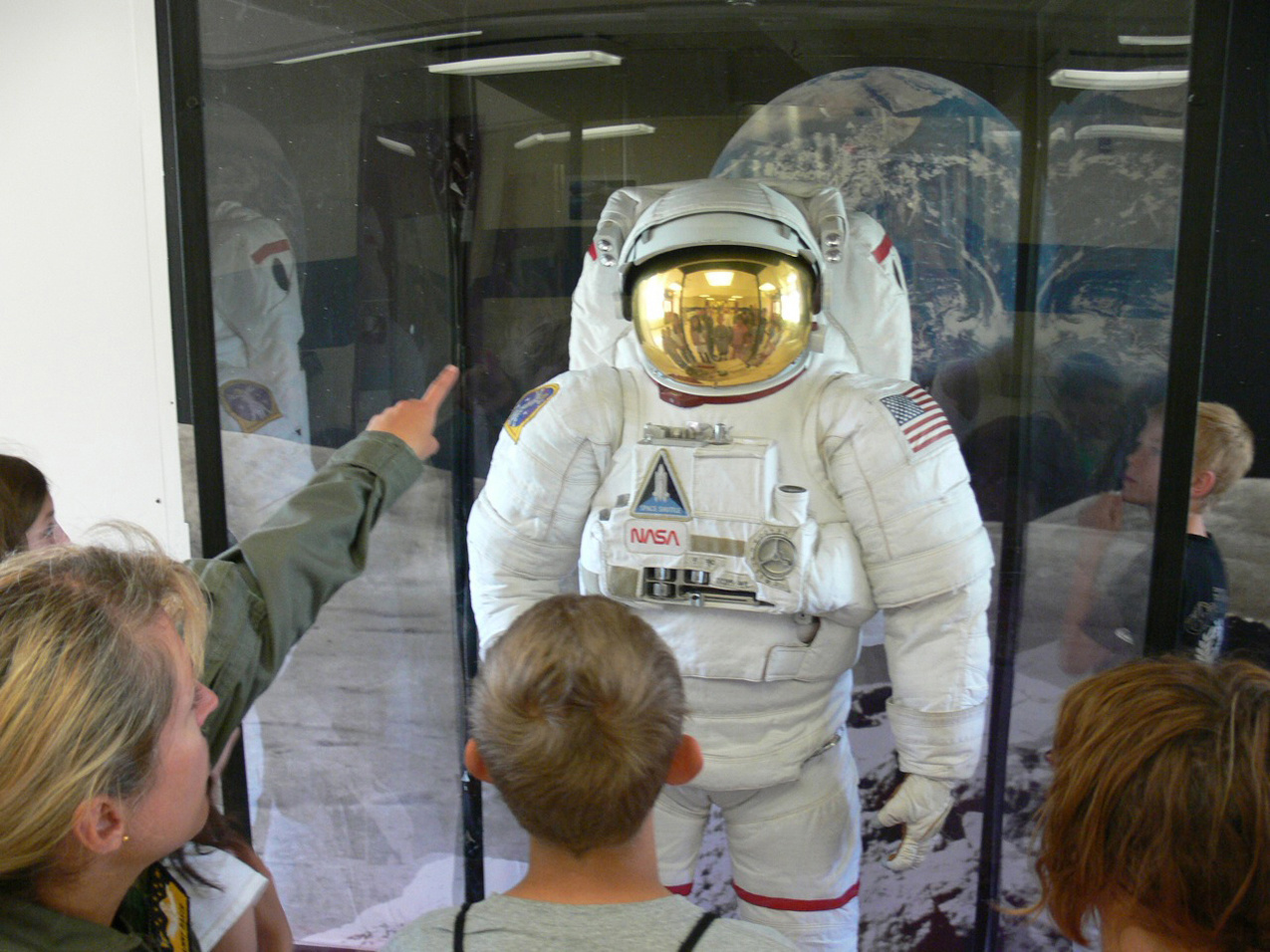youtube
The dream of space travel has been usurped by superficiality.
Would you rather learn philosophy from James Franco or a professor of philosophy? Well, now you don’t have to choose.
Add to playlist! Stanford University posts its Ho Center for Buddhist Studies series of talks on YouTube.


